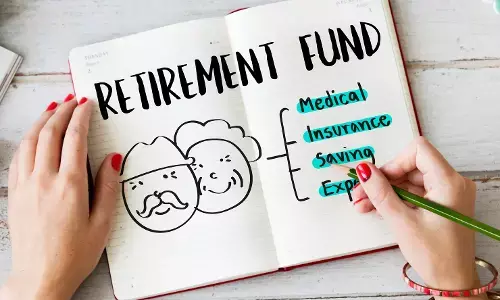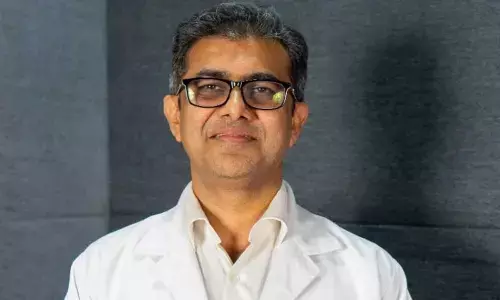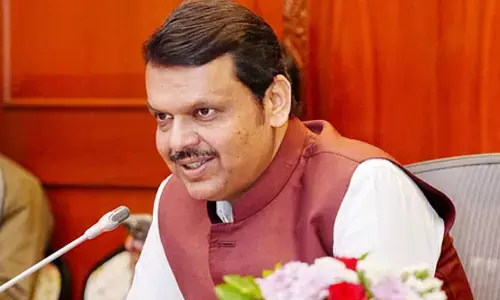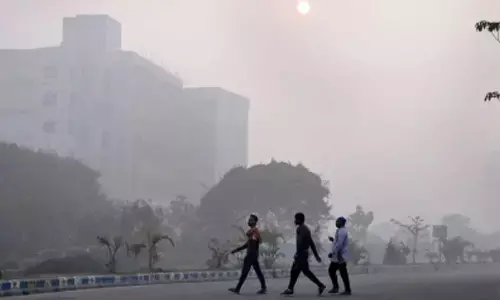Administrative decentralisation and challenges of arresting Covid-19: Lessons from Telangana
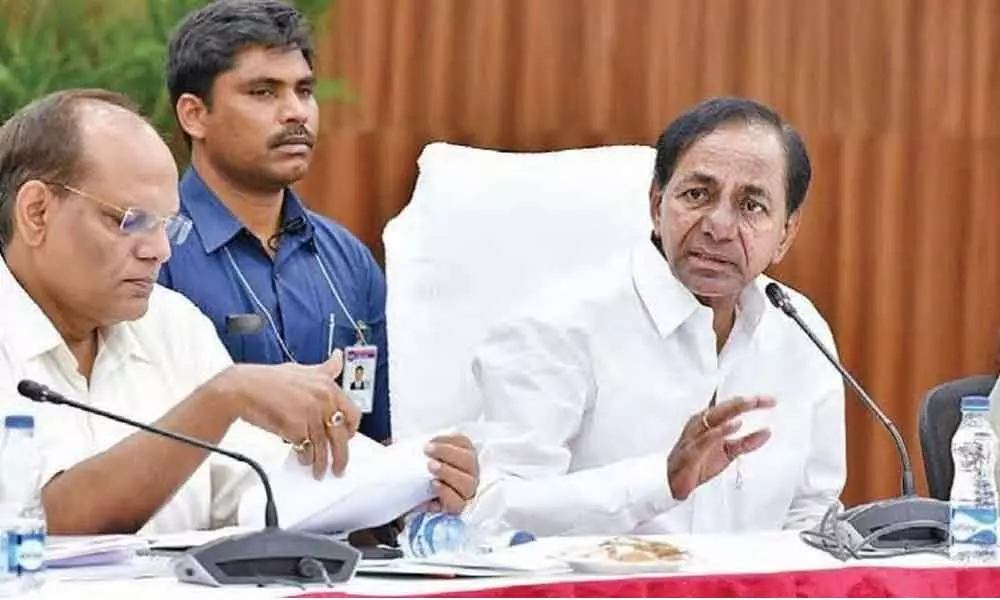
Administrative decentralisation and challenges of arresting Covid-19: Lessons from Telangana
History starting from ancient times to present day witnessed disease outbreaks devastated society, sometimes changing the course of history
History starting from ancient times to present day witnessed disease outbreaks devastated society, sometimes changing the course of history. The present coronavirus pandemic affecting more than 180 countries and territories since late January necessitated lockdown to prevent the disease from spreading further.
Although there are different views among people on the imposition of nation-wide lockdown in India for 54 days in three spells, there is a broad consensus and support from people and the state governments that it has paid dividends, compared to many worst-affected countries despite much better healthcare infrastructure and standard of living.
However, there are several reports of the hardships faced by the poor and migrant labour across India. The lockdown and containment measures would have made more sense only if they are able to save people from misery, inflicted not only by a virus but also by hunger.
Telangana reforms for administrative decentralisation: The experience in spatial and administrative decentralisation, is almost four years. Telangana has introduced several reforms of spatial decentralisation of administrative units like formation of new and reorganisation of districts and rural and urban local bodies, to make the administrative machinery transparent, accountable and people-centric.
The reorganisation of districts into smaller and new districts in October 2016 aimed at good governance. Subsequently it also created new rural and urban local bodies, declared all scheduled inhabitations (even with the less than 500 population) as Gram Panchayats; major Panchayats as municipalities and major municipalities as corporations; thus easing the burden of major units in providing services to people and making small units as self-governing bodies.
Revenue divisions and other administrative units have also been reconstituted along with the districts and 25 new revenue divisions, 125 new mandals, four new police commissionerates, 23 new police sub-divisions, 28 new circles and 91 police stations have come into existence from October, 11, 2016.
The State government response to Covid-19: The Telangana State Assembly has discussed about the preparedness of Government to combat the Covid-19, on March 6. The Chief Minister categorically denied the opposition party's charges on the subject and opined that there are no valid circumstances warning us to be cautious.
However, Government has realised that when a young Hyderabadi software professional from Dubai travelled to Hyderabad via Bengaluru and was found positive in the second week of March, 2020. It started screening of passengers arriving from Gulf countries. KCR recognised the intensity of the pandemic problem and "tried to put in a policy frame, broadly within the framework given by Central Government.
The Government has initiated multiple strategies to contain the diseases and protection of all-walks of people from the onslaught of COVID-19. They include undertaking preventive and curative health programmes; and, welfare measures such as shelter, food, water and security, including migrant labourers. The government has displayed a proactive role to identify the sources of transmission.
A coordinated plan is put in place to identify and monitor people with infections and their close contacts by mapping their movement through visual footage and field information. This monitoring system not only involves authorities (civil, police, and health administration) but also elected local body representatives as active stakeholders.
The government has identified state-run hospitals and dozens of private hospitals attached to medical colleges to be used for isolation wards and treatment, apart from identifying dozens of pulmonologists, both in service and retired towards availing services, if needed.
The response of Government of Telangana, during past 40 days, in combating Covid-19, reveals that both preventive and curative measures, short and long-term, have paid dividends. The able political leadership, small-size administrative units- districts and local bodies- the Palle and Pattana Pragati programs, appointment of Additional Collectors to monitor the development programmes, appointment of village/town warriors, villagers self-defence mechanisms, establishing a new hospital with 1500 beds, rebooting and re-energising of public institutions and functionaries, etc, have collectively contributed for containing spread of Coronavirus in the State.
Government machinery at lower levels of administration, that's often deficient and grossly inadequate in responding to needs of the people, has become really functional. In the turbulent times, district functionaries of health, police, revenue, women and child welfare, sanitation and others, who are otherwise less appreciated for being authoritative and evading duties, have exhibited exemplary commitment to prevent the spread of corona in the state.
The evidence on the handling of epidemics, reveals that the role of public institutions- particularly healthcare is unparalleled to private institutions in providing safety and basic services to people; thus, putting the public institutions on national agenda once again for debate to strengthen the health sector and restructure state/national economy, as well.
One of the major challenges of the government is containing spread of coronavirus in urban districts, more particularly in GHMC jurisdiction areas characterized by high density of population and migrants. This situation demands serious need for long term measures of actually undoing most of the practices and systems that landed the city into its present crisis.
Long term measures must be guided by means to promote townships to reduce burden on Cities and also contain the spread of health hazards. Government of Telangana has prepared roadmap for promoting Townships and Regional Ring Road connecting to the Cities, but they are yet to take-off and re-examined in the context of epidemics.
The real impact of administrative decentralisation in delivery of services to people reported in media, needs a detailed examination to identify the best practices and mainstream them to continue beyond the emergency of the Covid-19.
The larger question is whether the state leadership accord priority to public institutions and transfers the real authority to the district administration and local governments to be effective in improving governance in normal times as well and effectively address any future emergencies?
(The author is a Visiting Professor, Centre for Economic & Social Studies, Hyderabad; and former Professor of Public Administration, Kakatiya University)








